Russian journalist killed by US cluster bombs in 'heinous' crime in Ukraine: Moscow
A Russian journalist has been killed by cluster munitions in what Moscow denounced as a “heinous, premeditated crime" committed by Western powers and Ukraine.
The Russian military announced on Saturday that Rostislav Zhuravlev, a war correspondent working for the Russian official news agency RIA Novosti, had been killed in a Ukrainian strike in the southern Zaporizhzhia region.
"As a result of a strike by the Ukrainian army using cluster munitions, four journalists were wounded in various levels of severity," the Russian army said in a statement.
"During an evacuation, the RIA Novosti journalist Rostislav Zhuravlev died from his wounds that resulted from the cluster munitions exploding,” it added.
RIA news agency also reported Zhuravlev’s death, saying he was killed near the frontline village of Pytikhatki.
Three other journalists were said to be stable in hospital after the attack.
"Everything indicates that the attack on the group of journalists was not carried out by chance," Russia's foreign ministry said.
"The competent international organizations prefer, as before in such cases, to turn a blind eye to this heinous crime", it added.
The ministry said that "the journalists were gathering material for a report on the bombing by the Kiev regime militants of settlements in the Zaporizhzhia region using cluster munitions banned in many countries around the world."
“The perpetrators of the brutal massacre of the Russian journalist will inevitably receive the punishment they deserve," the foreign minister warned, adding that "those who supplied cluster munitions to their protégés in Kiev will also share the full measure of responsibility."
Russian President Vladimir Putin warned Kiev against the use of the banned weapons, saying his country had "sufficient stockpile" of the weapons, and that Moscow "reserved the right" to use them "if they are used against us."
US President Joe Biden said earlier this month that he had made a "very difficult decision" in providing Kiev with cluster bombs, which are banned in many countries across the world.
He faced fierce criticism even from his own allies for sending lethal weapons -- that can have long-term risks to civilians.
His National Security Adviser Jake Sullivan admitted back then that officials "recognize the cluster munitions create a risk of civilian harm" from unexploded bombs. However, he said Ukraine was running out of artillery and needed "a bridge of supplies."
Ukraine had pledged to use the banned munitions only to dislodge concentrations of enemy soldiers and not against civilians.
But Russia announced on Friday that Kiev had used notorious cluster munitions on the Russian border village of Zhuravlevka.
Belgorod governor Vyacheslav Gladkov said "three cluster munitions from a multiple rocket launcher were fired (by the Ukrainian army) at the village of Zhuravlevka" on Friday.
The region, bordering Ukraine, has been repeatedly targeted by what Russia says is "indiscriminate shelling" by Ukraine’s armed forces.
Ukraine did not claim responsibility for attacks inside Russian territory and denied it was involved in the cross-border raids.
The cluster bombs, known as Dual-Purpose Improved Conventional Munitions (DPICM), can contain dozens of smaller bomblets, dispersing over vast areas, often killing and maiming civilians.
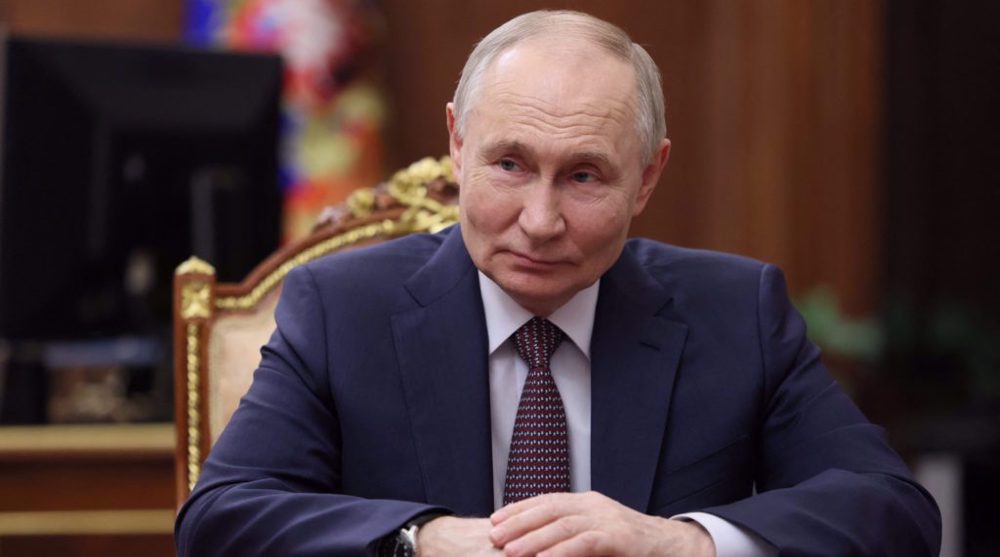
Putin says not opposed to Europeans’ involvement in Ukraine talks
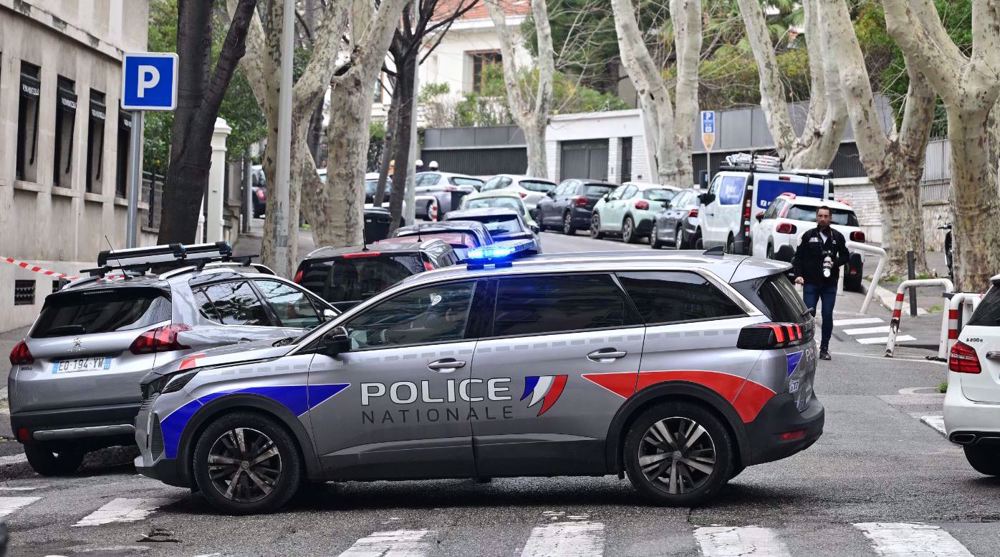
Russian consulate in France comes under attack on Ukraine war anniversary
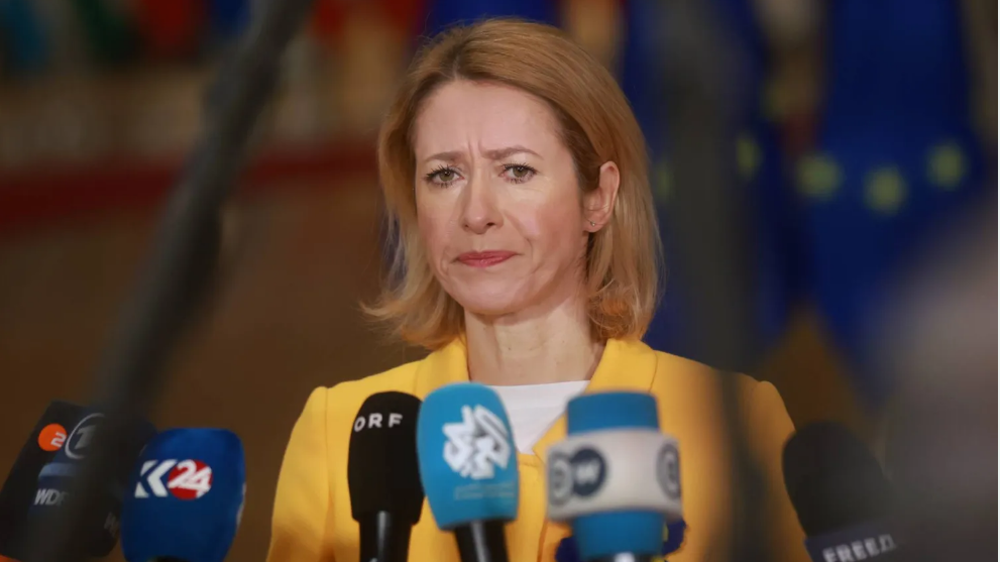
EU imposes new sanctions on Russia on third anniversary of Ukraine war
Australian senator smeared by anti-Iran groups for saying Iranian women 'have a voice'
Hezbollah's display of power proved resistance cannot be eliminated: Iran parl. speaker
Israel escalates West Bank raids as official says regime seeking to complete Gaza genocide
Palestinian man dies in Israeli prison as Foreign Ministry urges intl. probe into regime’s crimes
Putin says not opposed to Europeans’ involvement in Ukraine talks
VIDEO | Iranian Kurdish protesters demand European action against PKK, PJAK terror
VIDEO | Israel expands offensive in northern West Bank, deploys tanks to Jenin
VIDEO | Spaniards fill streets of Cádiz in solidarity with Palestine


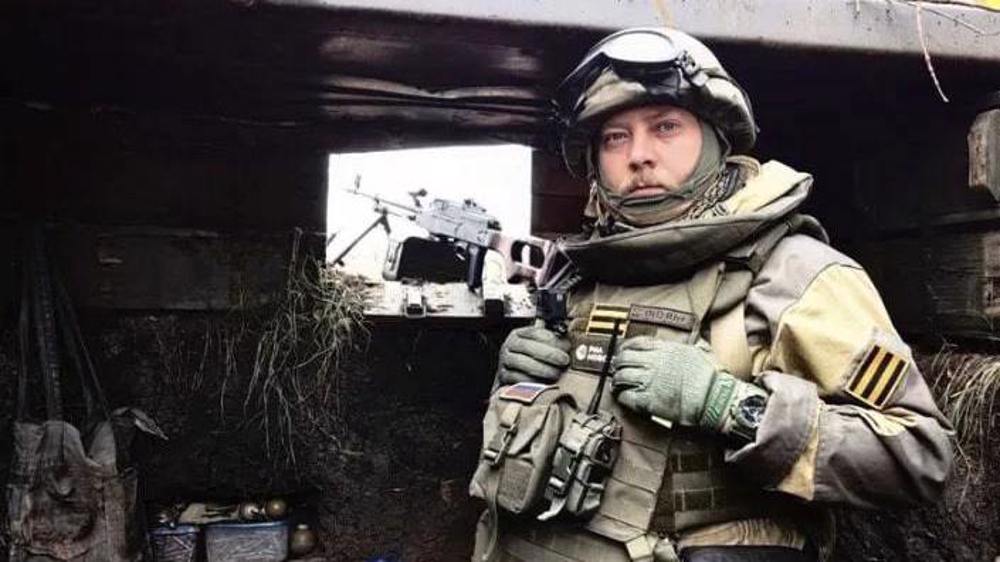
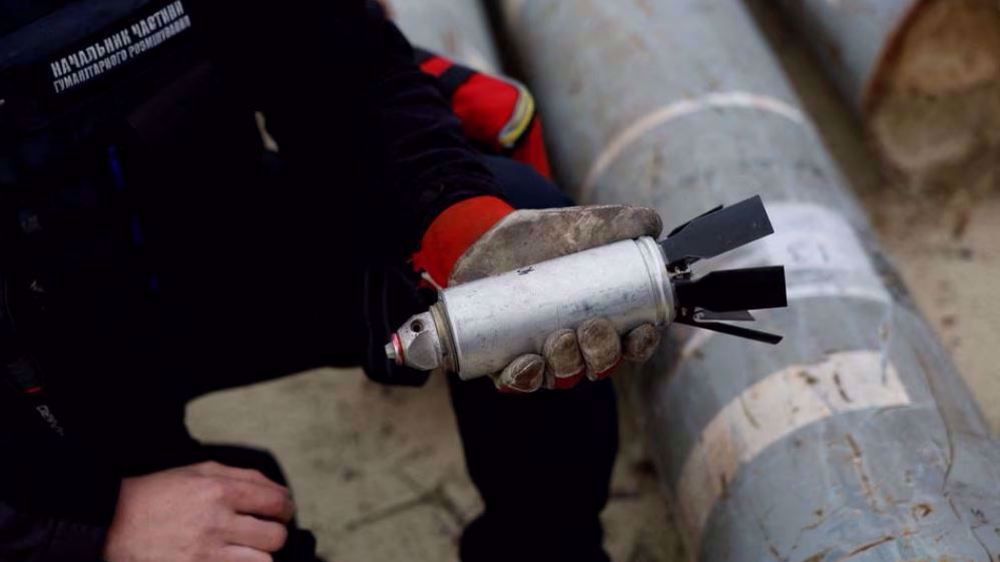



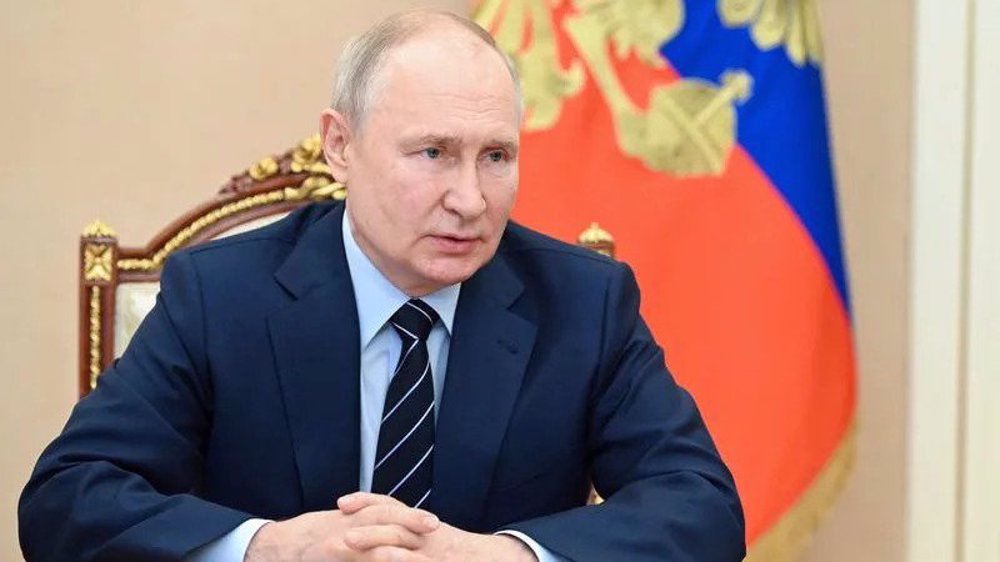

 This makes it easy to access the Press TV website
This makes it easy to access the Press TV website